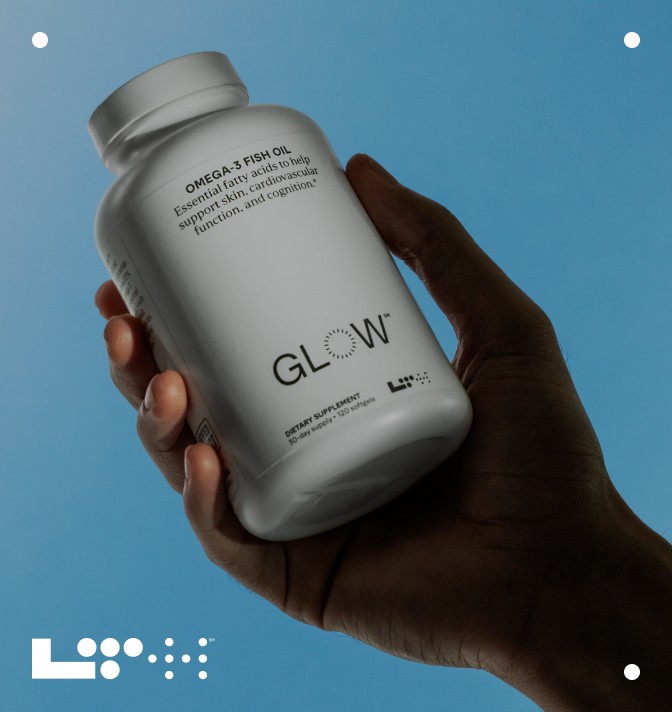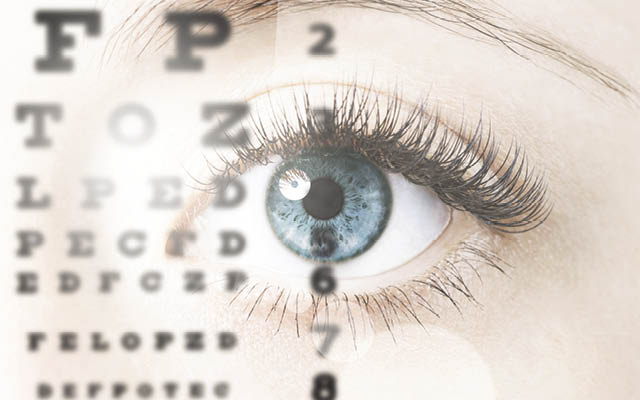Nutritional advice for eye health is much the same as it is for general health: Eat a range of brightly colored vegetables and fruits, as well as plenty of probiotic and fermented foods to enhance digestion. And it’s true: A carrot or two certainly helps.
According to Sam Berne, OD, an integrative optometrist in Tesuque, N.M., these are some of the most important nutrients for eye health:
- Beta-carotene is a carotenoid found in carrots, sweet potatoes, and apricots. The body uses it to make vitamin A, which helps eyes convert low light into a signal the brain can read. Vitamin A also nourishes the cornea, which can shrink if the body is deficient in this nutrient.
- Lutein is an antioxidant that protects the macula and lens. Find it in kale, spinach, goji berries, and citrus fruits.
- Zeaxanthin, an antioxidant in pumpkins, tomatoes, red peppers, and squashes, protects the macula from UV rays and blue light.
- Glutathione is a critical antioxidant the body produces that helps prevent cataracts. Sulfur-containing foods, like Brussels sprouts, broccoli, cauliflower, and kale, help support its production.
- Taurine, a mineral found in salmon, tuna, eggs, dark poultry meat, and beef, can protect against macular degeneration and glaucoma.
- Magnesium is a mineral that supports the optic nerve. It’s in almonds, cashews, brown rice, and lentils. (For more magnesium-rich foods, visit Magnesium: Your Body’s Spark Plug.)
Berne also views zinc, selenium, omega-3 fatty acids, and vitamins C, E, D3, B12, B6, and B2 as critical for eye health. They provide a range of protective benefits, support the immune system, and fight inflammation. While whole foods are the ideal sources for any nutrient, you might also choose to support eye health with a supplement.





This Post Has 0 Comments